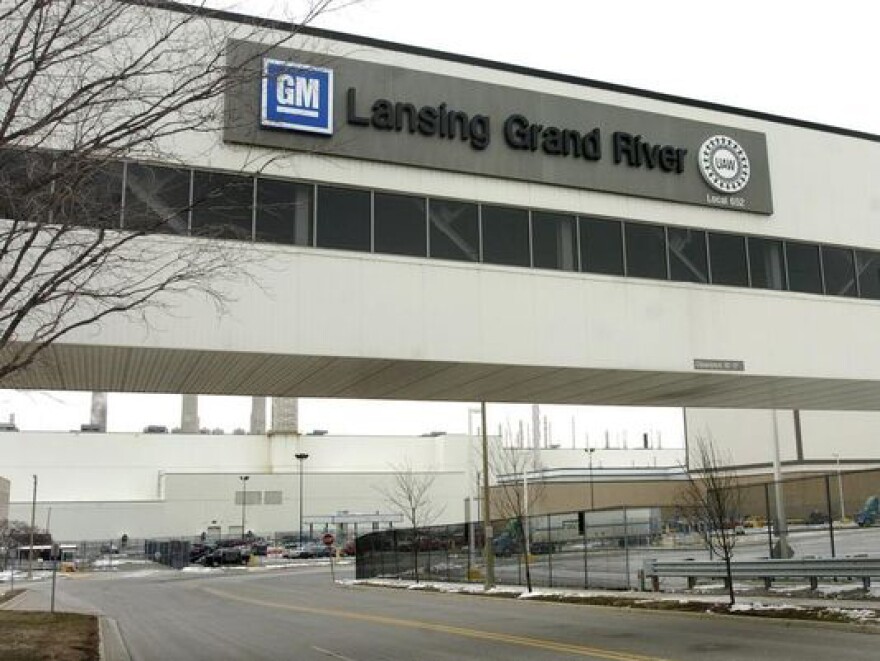General Motors has announced a temporary shut down at one of its Lansing plants due to an industry-wide shortage of a critical component.
On Thursday, General Motors announced its Lansing Grand River Assembly plant will temporarily shut down starting Monday through at least the end of the month due to a global shortage of semiconductor chips.
According to Erin Davis, Communications Manager at General Motors, the Delta Township plant will continue to operate.
"We continue to work closely with our supply base to find solutions for our suppliers’ semiconductor requirements and to mitigate impact on GM," she said. "Our intent is to make up as much production lost at these plants as possible.”
The chips, which are outsourced from overseas, are a critical component of the cars assembled at the plant.
According to David Closs, professor emeritus at Michigan State University’s Department of Supply Chain Management, the manufacturing of semiconductor chips is centralized in China and Japan.
"The reason it's been centralized is to get economies of scale in the production process, so they can make them most cheaply," he said.
He said the pandemic is to blame for the industry-wide shortage of semiconductor chips.
"It's currently a production problem, because the Chinese have limited the movement of people within China and put pretty tight restrictions on them," he added.
Not only is it a production issue, but a transportation one, since shipment of the chips via air and ocean has been limited due to pandemic related regulations, according to Closs.
Although the manufacturing of these chips is not terribly expensive, Closs said that the machines making them can be very costly so centralizing their manufacturing made the most sense.
"We're getting demand for more and more chips, and more and more customization of those. So the feeling was that in order to keep the price of those down, we're going to do one huge capital investment in the equipment in one or two centralized locations," he said.
Representative Elissa Slotkin of Michigan's Eighth District, which includes Lansing, says the shortage highlights issues with the country’s supply and demand chain.
“Now, we’ve seen the results which is a plant that makes cars in our district had to shut down at least temporarily because they didn’t have enough parts to actually assemble the parts.”
Slotkin said it's time to provide incentives for companies to build semiconductor chips in the United States instead of outsourcing them.
“I feel like Michiganders have been saying for 30 years that if you outsource our manufacturers past a certain point you are leaving yourself vulnerable to things like the pandemic," she said. "And we need to begin thinking of how we can provide opportunities to build these here."
But Closs said it's unlikely the production of semiconductor chips will shift to the United States.
"Because the chips are being made in China, the Chinese own the intellectual property of these and so by default they have the knowledge of how to make our chips," he said.





